
Paxos: The Jewel of the Ionian Sea
Nestled in the heart of the Ionian Sea, Paxos is a small yet captivating Greek island that offers a serene escape from the hustle and bustle of modern life. Known for its crystal-clear turquoise waters, lush olive groves, and charming villages, Paxos promises a tranquil and picturesque holiday experience. The island is perfect for those seeking relaxation and natural beauty. You can explore the enchanting harbor towns of Gaios, Lakka, and Loggos, where traditional whitewashed houses and vibrant bougainvillea create a postcard-worthy setting. The local tavernas serve delicious Greek cuisine, and the friendly locals are always ready to share stories of their beloved island. For the more adventurous, Paxos offers a range of activities, from kayaking and sailing to hiking through scenic trails that lead to breathtaking viewpoints. The nearby island of Antipaxos, just a short boat ride away, boasts some of the best beaches in the region, with soft white sands and azure waters ideal for swimming and snorkeling.
Local tips in Paxos
- Visit the Blue Caves early in the morning to avoid crowds and catch the best light for photographs.
- Rent a scooter or ATV to explore the island's hidden beaches and scenic viewpoints at your own pace.
- Try the local olive oil, which is renowned for its quality and flavor. Many local shops offer tastings.
- Book accommodation well in advance during the peak summer months as options can fill up quickly.
- Carry cash, as some smaller shops and tavernas may not accept credit cards.
Paxos: The Jewel of the Ionian Sea
Nestled in the heart of the Ionian Sea, Paxos is a small yet captivating Greek island that offers a serene escape from the hustle and bustle of modern life. Known for its crystal-clear turquoise waters, lush olive groves, and charming villages, Paxos promises a tranquil and picturesque holiday experience. The island is perfect for those seeking relaxation and natural beauty. You can explore the enchanting harbor towns of Gaios, Lakka, and Loggos, where traditional whitewashed houses and vibrant bougainvillea create a postcard-worthy setting. The local tavernas serve delicious Greek cuisine, and the friendly locals are always ready to share stories of their beloved island. For the more adventurous, Paxos offers a range of activities, from kayaking and sailing to hiking through scenic trails that lead to breathtaking viewpoints. The nearby island of Antipaxos, just a short boat ride away, boasts some of the best beaches in the region, with soft white sands and azure waters ideal for swimming and snorkeling.
When is the best time to go to Paxos?
Iconic landmarks you can’t miss
Tripitos Arch
Discover the breathtaking Tripitos Arch on Paxos: a natural rock formation offering stunning views and a glimpse into the island's geological history.
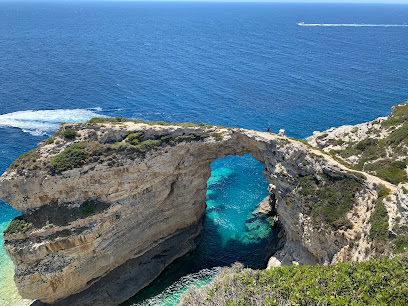
Lakka's Lighthouse
Explore Paxos' Lakka Lighthouse: a historic beacon offering scenic views and a glimpse into the island's maritime past.
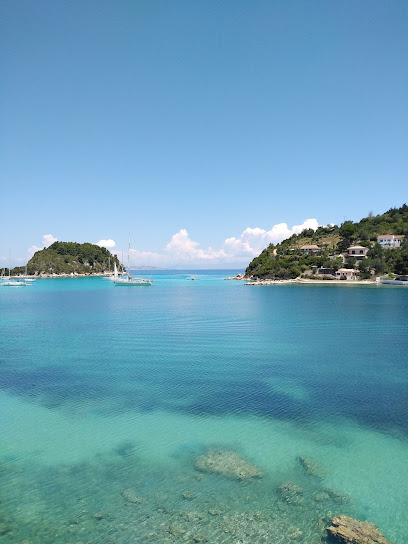
Akra Ovoros Lighthouse
Discover the maritime history and breathtaking views from the Akra Ovoros Lighthouse, a timeless landmark on the serene island of Antipaxos.
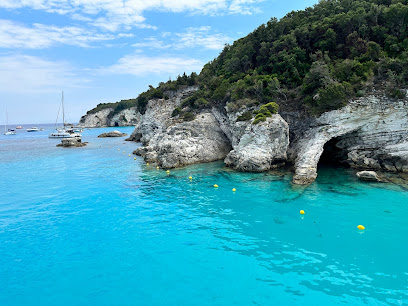
Unmissable attractions to see
Sarakiniko Beach
Experience the breathtaking beauty of Sarakiniko Beach, where unique rock formations meet crystal-clear waters in a serene Greek paradise.
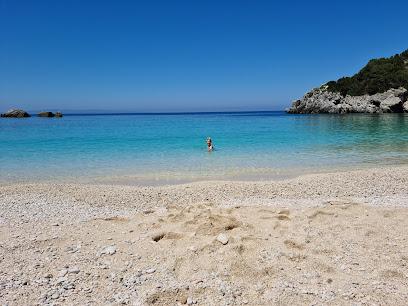
Γαλάζιες Σπηλιές
Experience the breathtaking beauty of Gallazies Spiliés in Paxi, Greece, where crystal-clear waters and stunning caves await nature lovers and adventurers alike.
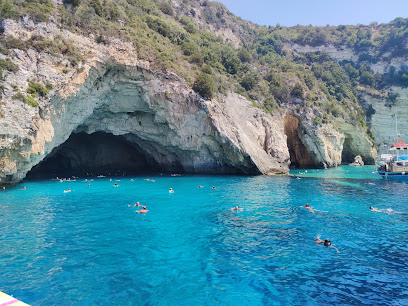
Παραλία Ερημίτης
Erimitis Bay in Paxi, Greece: A picturesque tourist attraction with crystal-clear waters, stunning landscapes, and a tranquil atmosphere perfect for relaxation and adventure.
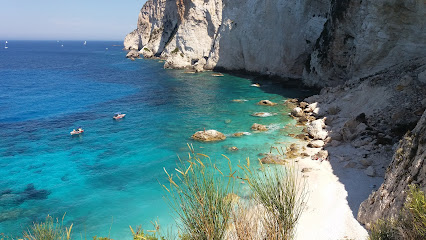
Kanoni Harbour
Discover the tranquil beauty of Kanoni Harbour in Corfu, where stunning vistas and rich history come together for an unforgettable experience.
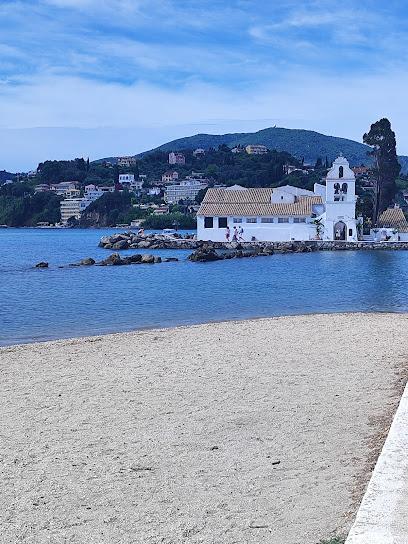
Statue of Georgios Anemogiannis
Discover the rich history and serene beauty at the Statue of Georgios Anemogiannis, a must-visit memorial park in Greece.
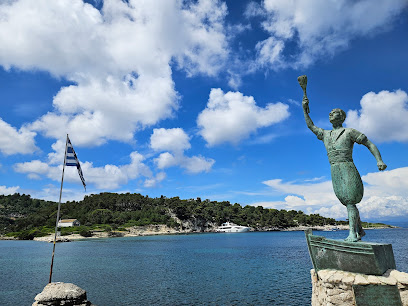
Lakka's Lighthouse
Discover the charm of Lakka's Lighthouse in Paxi, a stunning Greek destination where history meets breathtaking coastal views.
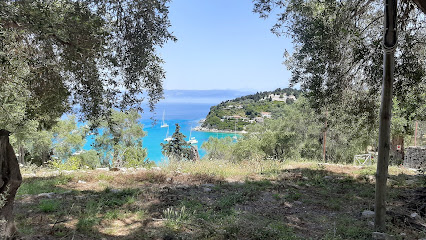
Ortholithos
Explore the breathtaking stone sculptures of Ortholithos, a serene tourist attraction in Greece that blends nature's beauty with artistic craftsmanship.
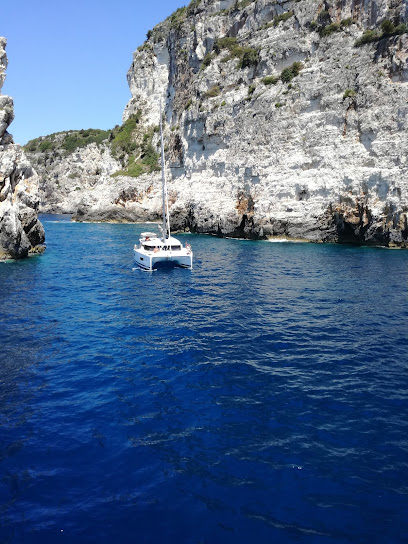
The Cistern of Gaios
Discover the Cistern of Gaios, an ancient marvel that highlights the rich history and breathtaking beauty of Paxos Island, Greece.
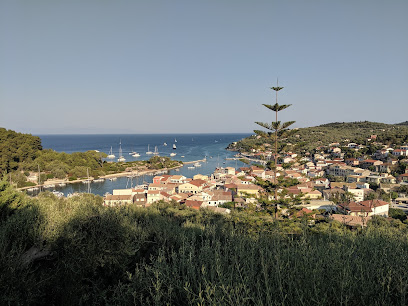
Cave
Discover the breathtaking beauty of Gaios Cave, a natural wonder with stunning rock formations and crystal-clear waters, perfect for adventure and relaxation.
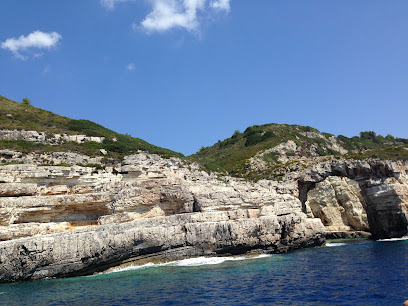
Akra Ovoros Lighthouse
Discover the timeless beauty and maritime heritage of Akra Ovoros Lighthouse, a stunning landmark on the serene island of Antipaxos.
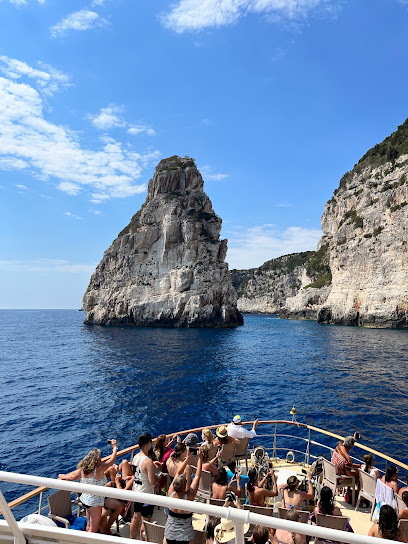
Kaloiri Cove
Experience the tranquil beauty of Kaloiri Cove, a hidden paradise in Antipaxos, Greece, perfect for relaxation and adventure.
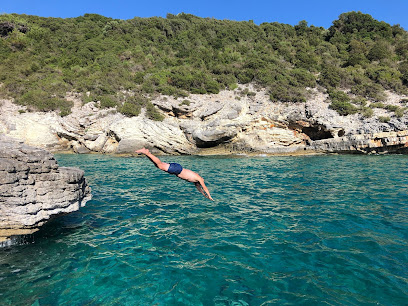
Plaza de la Ascensión
Experience the vibrant atmosphere of Plaza de la Ascensión in Gaios, Greece, where culture, relaxation, and beauty intertwine.
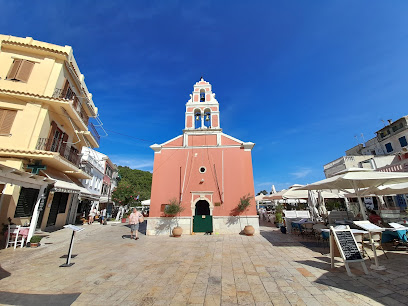
Justins blue bay
Experience the breathtaking beauty of Justin's Blue Bay in Paxi, where crystal-clear waters meet lush surroundings for the perfect Mediterranean getaway.
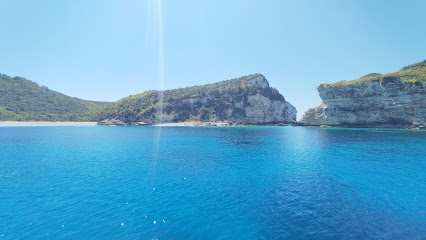
Mouriki Square
Experience the heart of Gaios at Mouriki Square, where local culture meets stunning scenery and delightful culinary experiences await.
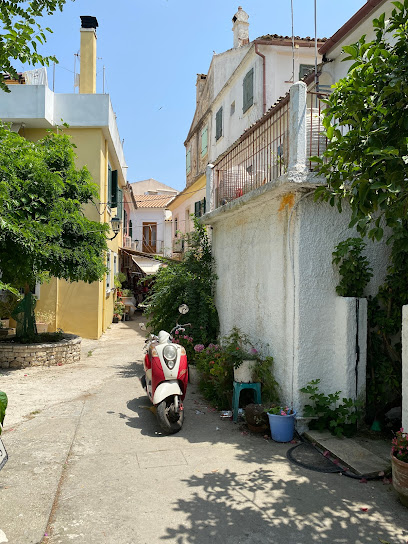
Instagram spot -corner
Experience the charm of Gaios at the Instagram Spot - Corner, where stunning backdrops meet Mediterranean beauty for the perfect photo op.
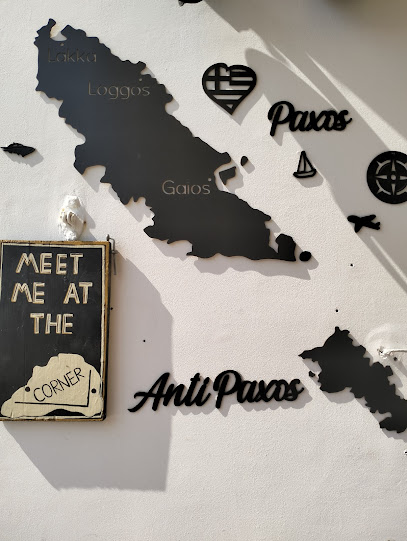
Essential places to dine
Lakkaki restaurant
Discover authentic Greek flavors at Lakkaki Restaurant in beautiful Lakka – a must-visit dining destination for every traveler.
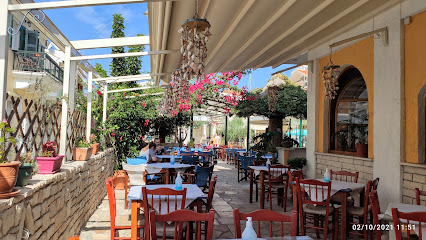
Erimitis Bar & Restaurant
Experience exquisite fine dining at Erimitis Bar & Restaurant with breathtaking views of the Greek coastline.
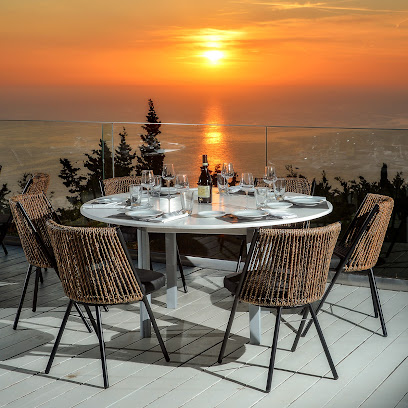
Vasilis Restaurant
Savor authentic Greek flavors at Vasilis Restaurant in Gaios – where every dish tells a story!
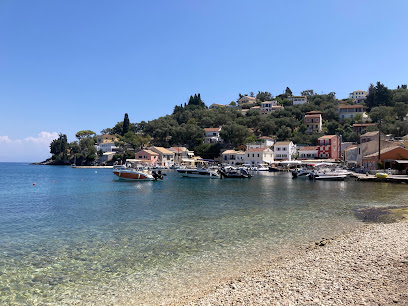
The Bournaos
Experience authentic Greek cuisine at The Bournaos in Μαγαζιά – where delicious small plates meet local grocery delights.
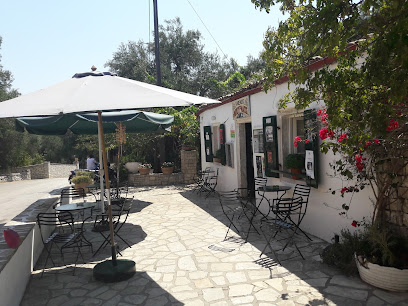
Ταβέρνα Βασίλης, Λογγός Παξοί
Indulge in authentic Greek flavors at Ταβέρνα Βασίλης in Longos, where every meal is a celebration of local culinary traditions.

GENESIS Restaurant
Discover genuine Greek flavors at GENESIS Restaurant in Gaios - where every meal tells a story.
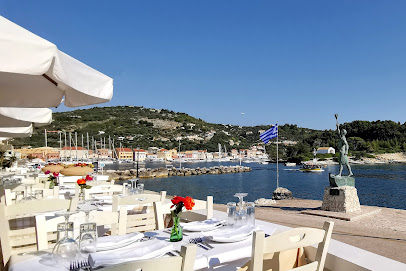
Mediterraneo
Discover Mediterraneo in Gaios: A premium dining experience showcasing Mediterranean cuisine with fresh local ingredients and stunning views.
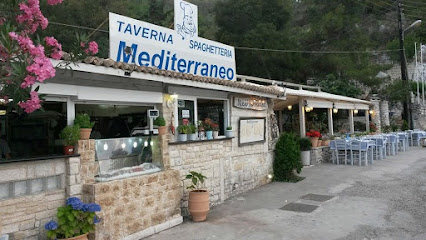
Piazza Massa
Experience authentic Greek cuisine at Piazza Massa in Gaios—where every meal is a celebration of flavor amidst breathtaking scenery.
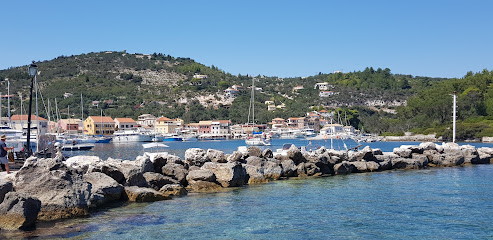
Paxos Burger House
Discover Paxos Burger House in Gaios: A must-visit destination for delicious gourmet burgers on your Greek island adventure.
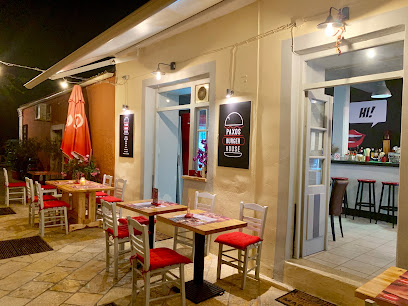
Thymari Restaurant Paxos
Experience authentic Mediterranean cuisine at Thymari Restaurant in Paxos - perfect for families and food lovers alike.
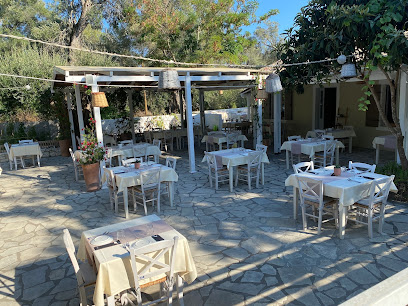
Thalassa
Experience the flavors of Greece at Thalassa in Gaios – where culinary delights meet breathtaking views.
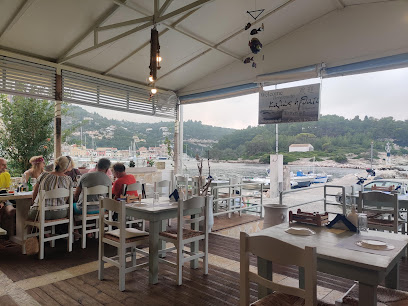
Celestino
Discover authentic Italian cuisine at Celestino in Gaios - where delightful flavors meet breathtaking views.
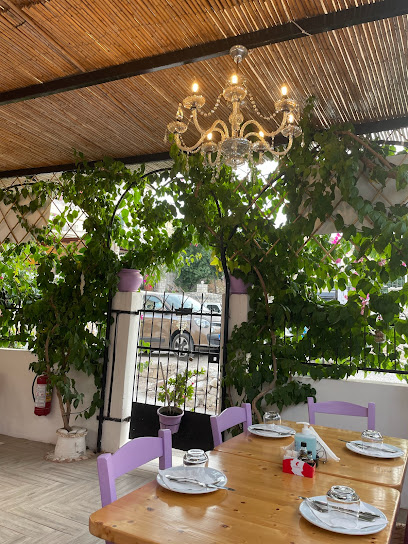
Mongonissi Beach
Discover tranquility at Mongonissi Beach, where golden sands meet azure waters in the heart of Paxos Island.
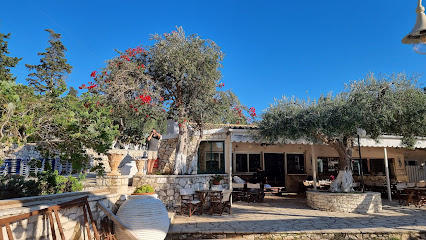
Carnayo Restaurant Bar & Catering
Discover Carnayo Restaurant Bar & Catering in Gaios - where exquisite Greek flavors meet exceptional hospitality in a charming setting.
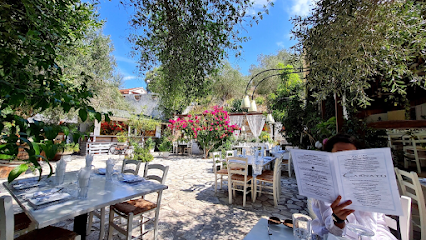
O Elias
Discover authentic Greek cuisine at O Elias in Magazia - where tradition meets flavor in every bite.
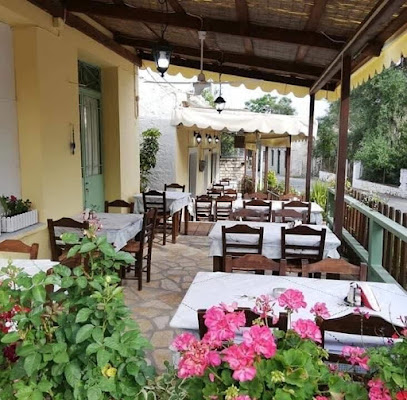
Markets, malls and hidden boutiques
Paxos market
Experience the charm of Paxos Island at Paxos Market, your local supermarket for fresh produce, Greek delicacies, and unique souvenirs in Gaios.
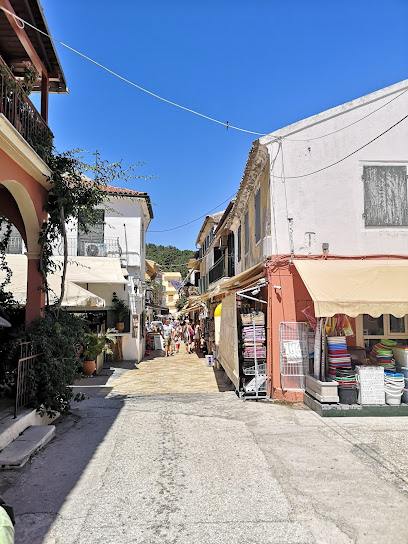
Super Market Giorgos Coop
Discover local flavors and essentials at Super Market Giorgos Coop in Gaios, your go-to grocery store for an authentic Greek experience.
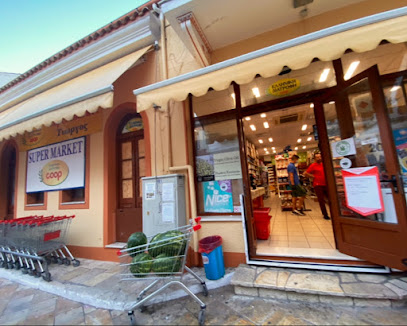
Paxos Mini Market
Discover local flavors and essentials at Paxos Mini Market in Lakka, your ultimate convenience store on the enchanting island of Paxos.
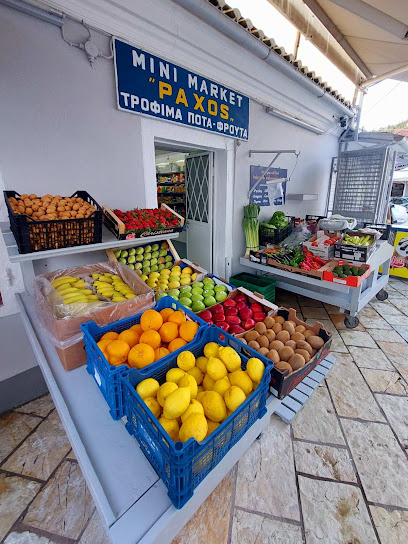
Ricordo
Discover exquisite handmade jewelry at Ricordo in Gaios, a perfect keepsake from your Greek adventure.
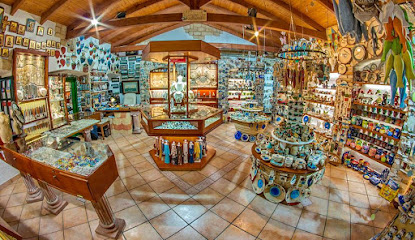
Tsoutsis Supermarket
Experience the flavors of Greece at Tsoutsis Supermarket in Velianitika, Paxi, your go-to destination for local groceries and fresh produce.

Paxos Pet Boutique
Explore the charm of Paxos Pet Boutique, where pet lovers find premium supplies and unique treasures for their furry friends in Lakka.
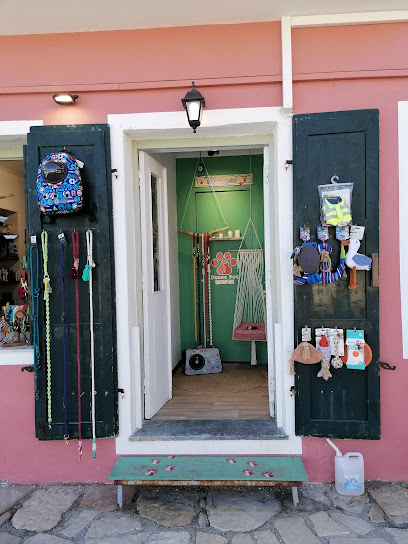
Koo Concept Store
Discover unique fashion and stylish eyewear at Koo Concept Store in Gaios, the ultimate destination for fashion accessories in Paxos.
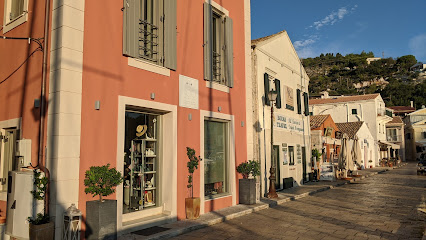
IL PAREO
Explore IL PAREO in Gaios for unique clothing and accessories that embody the spirit of Greek island fashion.
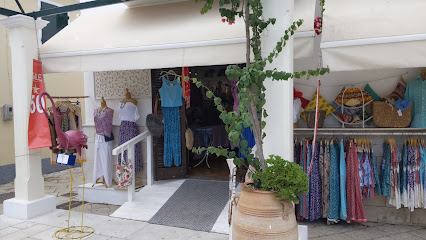
Feelings
Explore Feelings in Gaios for exquisite jewelry and unique fashion accessories that embody the spirit of Paxos.
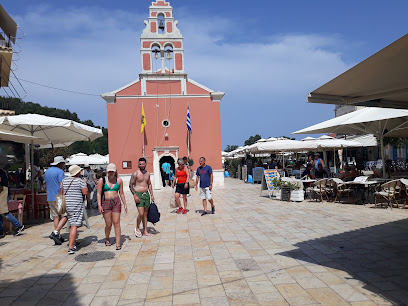
Terra Madre (by Antigoni)
Discover unique clothing and exquisite linens at Terra Madre, a charming boutique in Lakka's vibrant shopping scene.
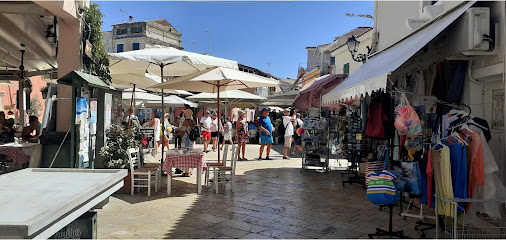
PAXOS BOOKSHOP
Discover the literary treasures of Paxos Bookshop in Gaios, a cozy destination for book lovers exploring the Greek islands.
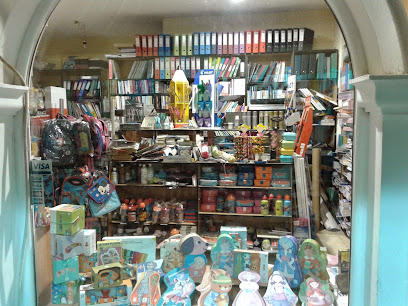
Boudoir
Explore Boudoir in Gaios for unique fashion pieces that blend Greek style with modern trends, perfect for every traveler’s wardrobe.

Attitude is a Choice
Explore a captivating novelty store in Gaios, offering unique gifts, high-quality cosmetics, and custom tailoring for a memorable shopping experience.
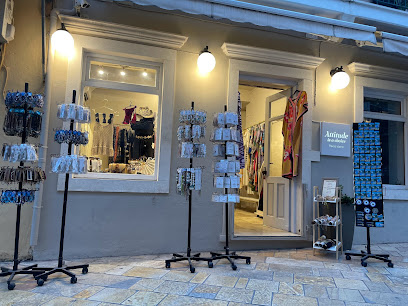
Voulas Corner Store
Discover unique fashion finds at Voulas Corner Store in Gaios, where local craftsmanship meets vibrant styles.

PAXOS ISLAND SEA - ΖΕΝΕΜΠΙΣΗΣ ΣΠΥΡΟΣ
Explore Paxos Island's premier fishing store for top-notch gear and local fishing insights, perfect for your next aquatic adventure in the Ionian Sea.
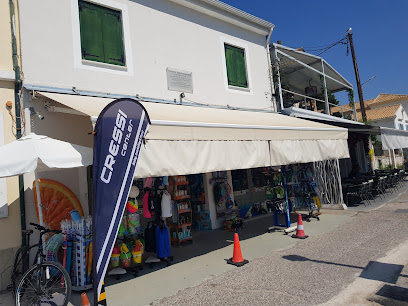
Essential bars & hidden hideouts
Porto Vecchio
Experience the vibrant atmosphere and exquisite cocktails at Porto Vecchio in Gaios, a perfect blend of relaxation and local charm.
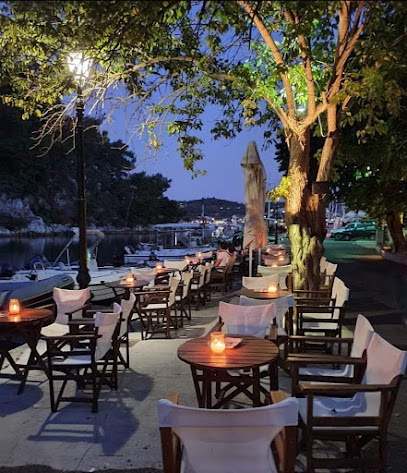
Erimitis Bar & Restaurant
Discover the exquisite flavors and stunning views at Erimitis Bar & Restaurant, a fine dining experience in Mágazía that delights every palate.
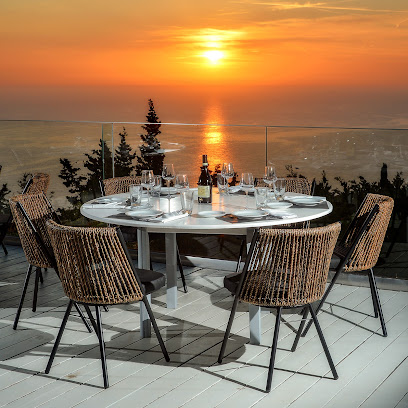
The Bournaos
Experience the vibrant flavors of Greece at The Bournaos, a small plates restaurant and grocery store in Magazía, perfect for sharing and savoring local delicacies.
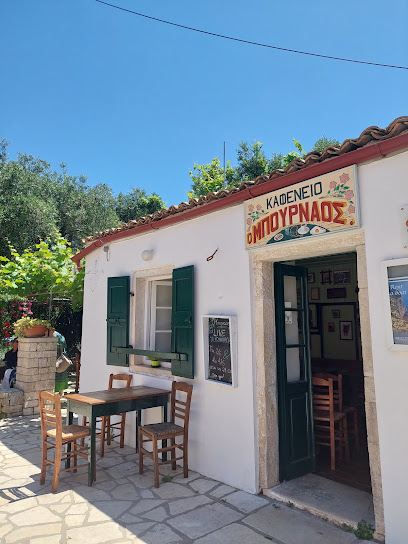
Averto
Discover Averto in Gaios, where traditional Greek flavors meet modern comfort in a charming coastal setting.
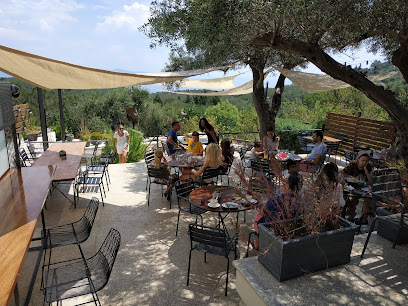
Fanalino Restaurant Bar
Experience the authentic flavors of Greece at Fanalino Restaurant Bar, a charming bistro in the heart of Gaios with stunning views.
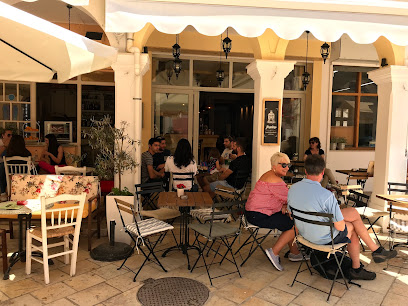
Manesko
Experience the vibrant atmosphere at Manesko, Gaios' premier bar, cafe, and pub, where every sip is a celebration of local flavors.
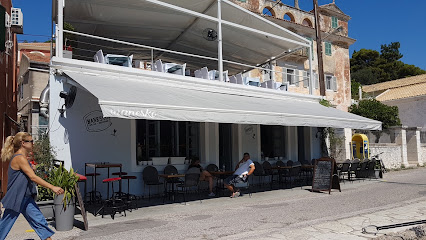
Mongonissi Beach
Experience the stunning beauty and vibrant atmosphere of Mongonissi Beach in Gaios, Greece, a perfect getaway for relaxation and culinary delights.
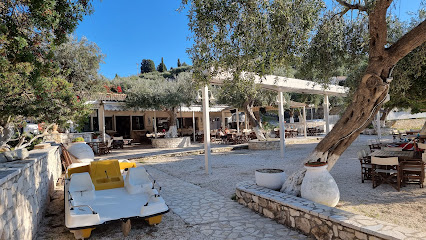
Ben's Bar
Experience the vibrant atmosphere and delightful refreshments at Ben's Bar in Paxos, an essential stop for every traveler.
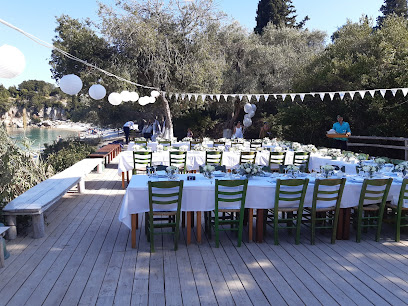
Roxi Bar
Discover the lively spirit of Roxi Bar in Longos, where exquisite cocktails and vibrant nightlife create unforgettable moments.
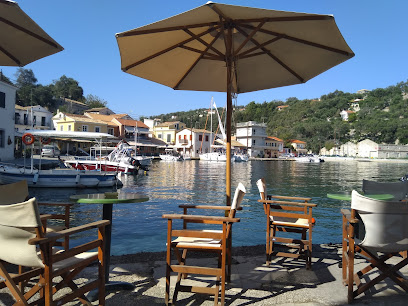
Aeolus Beach Bar Paxos
Experience the beauty of Paxos at Aeolus Beach Bar, where refreshing drinks and stunning views create the perfect beachside escape.
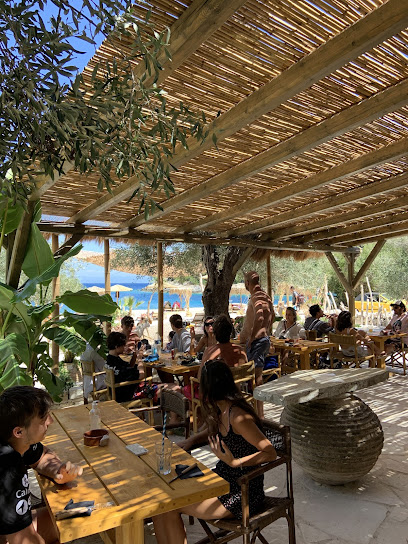
FANIS
Discover the enchanting ambiance of Fanis Bar in Lakka, where delightful drinks and vibrant atmosphere await every visitor.
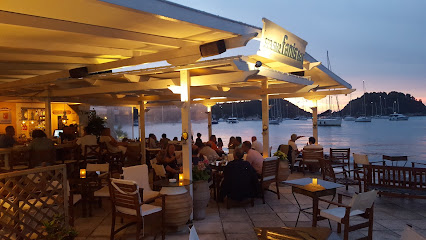
Le Rocher Bar
Discover the vibrant atmosphere and stunning views at Le Rocher Bar, Longos's premier spot for drinks and relaxation.
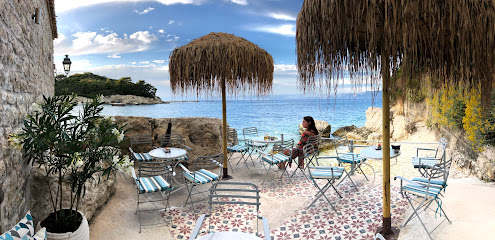
Plum Paxos
Discover the art of cocktail making at Plum Paxos, where unique flavors and stunning decor come together in the heart of Gaios.
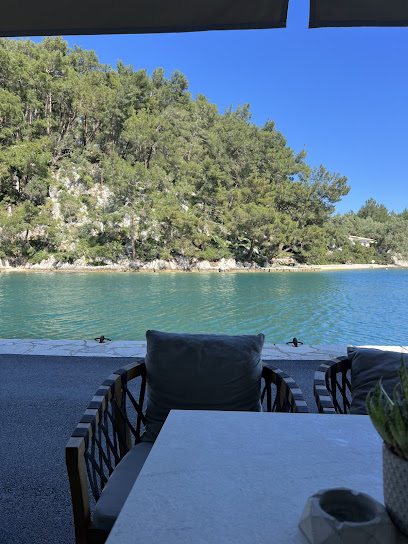
Romantica Café-bar
Experience the vibrant atmosphere and expertly crafted cocktails at Romantica Café-bar in Lakka, the perfect spot for relaxation and socializing.
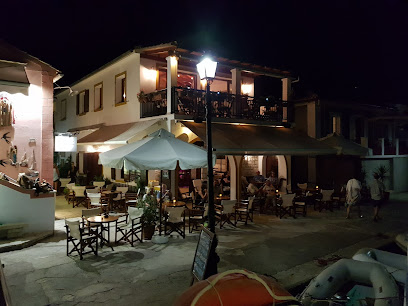
Local Phrases about Paxos
-
- HelloΓεια σας
[Yah sas] - GoodbyeΑντίο
[Adio] - YesΝαι
[Ne] - NoΌχι
[Ohi] - Please/You're welcomeΠαρακαλώ
[Parakalo] - Thank youΕυχαριστώ
[Efharisto] - Excuse me/SorryΣυγγνώμη
[Signomi] - How are you?Πώς είσαι;
[Pos ise;] - Fine. And you?Καλά. Εσύ;
[Kala. Esi;] - Do you speak English?Μιλάτε αγγλικά;
[Milate anglika;] - I don't understandΔεν καταλαβαίνω
[Den katalaveno]
- HelloΓεια σας
-
- I'd like to see the menu, pleaseΘα ήθελα να δω το μενού, παρακαλώ
[Tha ithela na do to menou, parakalo] - I don't eat meatΔεν τρώω κρέας
[Den troo kreas] - Cheers!Υγεία!
[Ygeia!] - I would like to pay, pleaseΘα ήθελα να πληρώσω, παρακαλώ
[Tha ithela na pliros o, parakalo]
- I'd like to see the menu, pleaseΘα ήθελα να δω το μενού, παρακαλώ
-
- Help!Βοήθεια!
[Voiθeia!] - Go away!Φύγε!
[Fiγe!] - Call the Police!Καλέστε την Αστυνομία!
[Kaleste tin Astinomia!] - Call a doctor!Καλέστε έναν γιατρό!
[Kaleste enan giatro!] - I'm lostΈχω χαθεί
[Eho hathi] - I'm illΕίμαι άρρωστος
[Ime arrostos]
- Help!Βοήθεια!
-
- I'd like to buy...Θα ήθελα να αγοράσω...
[Tha ithela na agoraso...] - I'm just lookingΑπλά κοιτάω
[Apla kiotao] - How much is it?Πόσο κοστίζει;
[Poso kostizi;] - That's too expensiveΑυτό είναι πολύ ακριβό
[Afto ine poli akrivo] - Can you lower the price?Μπορείτε να μειώσετε την τιμή;
[Borite na miosete tin timi;]
- I'd like to buy...Θα ήθελα να αγοράσω...
-
- What time is it?Τι ώρα είναι;
[Ti ora ine;] - It's one o'clockΕίναι μία ώρα
[Ine mia ora] - Half past (10)Μισή (10)
[Misi (10)] - MorningΠρωί
[Proi] - AfternoonΑπόγευμα
[Apoyevma] - EveningΒράδυ
[Vradi] - YesterdayΧθες
[Hthes] - TodayΣήμερα
[Simera] - TomorrowΑύριο
[Avrio] - 1Ένα
[Ena] - 2Δύο
[Dio] - 3Τρία
[Tria] - 4Τέσσερα
[Tessera] - 5Πέντε
[Pente] - 6Έξι
[Exi] - 7Επτά
[Epta] - 8Οκτώ
[Okto] - 9Εννιά
[Ennia] - 10Δέκα
[Deka]
- What time is it?Τι ώρα είναι;
-
- Where's a/the...?Πού είναι ένα/ο...;
[Pou ine ena/o...;] - What's the address?Ποια είναι η διεύθυνση;
[Pia ine i diefthinsi;] - Can you show me (on the map)?Μπορείτε να μου δείξετε (στο χάρτη);
[Borite na mou dixete (sto charti);] - When's the next (bus)?Πότε είναι το επόμενο (λεωφορείο);
[Pote ine to epomeno (leoforeio);] - A ticket (to ....)Ένα εισιτήριο (για ....)
[Ena isitirio (ya ....)]
- Where's a/the...?Πού είναι ένα/ο...;
History of Paxos
-
Paxos, or Paxi, is steeped in mythology. According to Greek legend, the island was created when Poseidon, the god of the sea, struck Corfu with his trident, breaking off a piece to create a private retreat for himself and his consort, Amphitrite. Archaeological evidence suggests that the island has been inhabited since prehistoric times, with artifacts from the Neolithic era found in various locations.
-
During the Roman period, Paxos was known for its olive oil production and trade. The island was part of the Roman province of Epirus and enjoyed relative prosperity. The remnants of Roman villas and baths can still be seen in the area, indicating the island's significance and wealth during this period.
-
In 1386, Paxos came under Venetian control, which lasted for over four centuries. The Venetians fortified the island, building several castles and watchtowers to protect it from pirate attacks. The influence of Venetian architecture can still be seen in the island's buildings, and the period also saw the flourishing of olive cultivation, which remains a vital part of Paxos' economy today.
-
In the late 18th century, Paxos briefly fell under French control during the Napoleonic Wars. However, in 1814, the British took over the island as part of the United States of the Ionian Islands. The British era saw the establishment of modern administrative systems and infrastructure improvements, including the construction of roads and schools.
-
In 1864, Paxos, along with the rest of the Ionian Islands, was united with Greece. This marked the beginning of a new era for the island, which saw the development of its tourism industry. The island's picturesque landscapes, tranquil beaches, and charming villages have since attracted visitors from around the world.
-
During World War II, Paxos was occupied by Italian and later German forces. The island's strategic location in the Ionian Sea made it a valuable asset. The locals endured hardships during the occupation, but their resilience and spirit helped them through this challenging period. Post-war, Paxos began to rebuild and restore its cultural heritage.
-
Today, Paxos is a serene destination known for its natural beauty, crystal-clear waters, and vibrant cultural heritage. The island has managed to preserve its traditional way of life while welcoming visitors from all around the globe. Festivals, such as the annual Paxos Music Festival, celebrate the island's rich cultural history and offer a glimpse into its vibrant community life.
Paxos Essentials
-
Paxos is accessible via ferry from the Greek mainland or the nearby island of Corfu. The most common route is to fly into Corfu International Airport (CFU) and then take a ferry from Corfu to Paxos. The ferry journey typically takes around 1-2 hours, depending on the service. During the summer months, there are also direct ferry connections from Igoumenitsa on the mainland to Paxos.
-
Paxos is a small island, so transportation options are relatively limited. The most popular way to get around is by renting a scooter, ATV, or car. Bicycles are also available for rent and are a great way to explore the island at a leisurely pace. Taxis are available, but they can be expensive. For short distances, walking is often the best option. There is no public bus service on the island.
-
The official currency in Paxos is the Euro (€). Most hotels, restaurants, and shops accept credit and debit cards, but it's advisable to carry some cash, especially when visiting smaller villages or remote areas. ATMs are available in the main towns like Gaios, Lakka, and Loggos, but it's wise to withdraw enough cash beforehand to avoid any inconvenience.
-
Paxos is generally a very safe destination for tourists. Crime rates are low, and violent crime is rare. However, it's always good practice to keep an eye on your belongings and be cautious of pickpockets, especially in crowded areas. There are no specific high-crime areas targeting tourists on the island. Always lock your rental vehicle and secure your valuables.
-
In case of an emergency, dial 112, the European emergency number, which connects you to police, fire, and medical services. The main health center on Paxos is located in Gaios, and it provides basic medical care. For more serious medical issues, you may need to be transferred to Corfu. Pharmacies are available in Gaios, Lakka, and Loggos for minor health concerns.
-
Fashion: Do dress modestly, especially when visiting religious sites. Avoid wearing overly revealing clothing. Religion: Do respect local customs and traditions. When entering churches, cover your shoulders and knees. Public Transport: As there is no public bus service, do respect private transportation options and their schedules. Greetings: Do greet people with a friendly 'Kalimera' (Good morning). A handshake is a common greeting. Eating & Drinking: Do try local delicacies like fresh seafood and olive oil. Don't miss out on trying the local wine. Do not rush meals; dining is a leisurely activity in Greece.
-
To experience Paxos like a local, visit the local tavernas and try traditional Greek dishes. Engage with the islanders, who are known for their hospitality and willingness to share stories about the island. Explore the less touristy beaches and coves for a more secluded experience. Attend local festivals and events to immerse yourself in the culture. Don't miss the opportunity to take a boat trip to the nearby island of Antipaxos, known for its stunning beaches and crystal-clear waters.
Nearby Cities to Paxos
-
Things To Do in Saranda
-
Things To Do in Ioannina
-
Things To Do in Gjirokastër
-
Things To Do in Tepelenë
-
Things To Do in Meteora
-
Things To Do in Vlorë
-
Things To Do in Berat
-
Things To Do in Zakynthos
-
Things To Do in Patos
-
Things To Do in Patras
-
Things To Do in Pogradec
-
Things To Do in Lamia
-
Things To Do in Larissa
-
Things To Do in Olympia
-
Things To Do in Delphi











